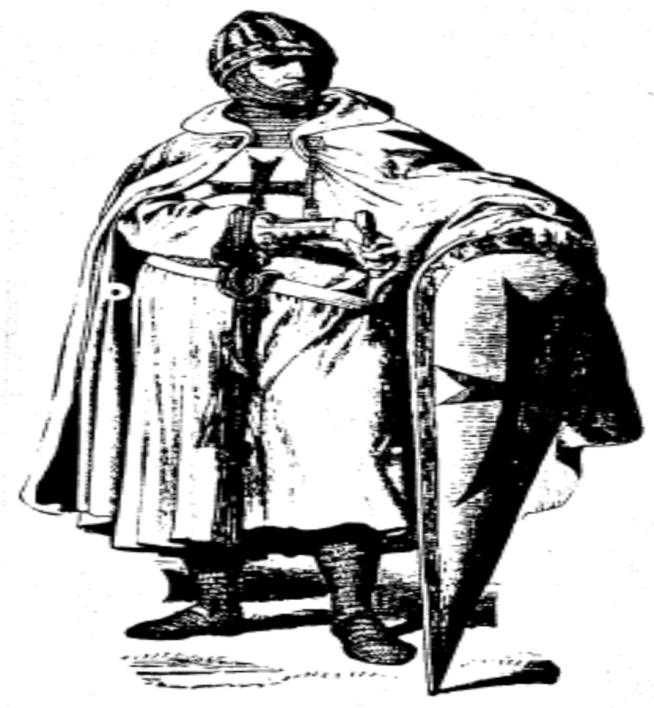
The Book of the Order of Chivalry
Friend, the rule and Order of Chivalry is written in this little Book that I hold in my hands here; I read and meditate sometimes on it in order to recall and savor the grace and favor that God has given me in this world as a reward for my having honored and defended with all my strength the Order of Chivalry.
-- The Knight Hermit
Personal note by Sasa Radjenovic KTJ-OSMTH
There are hundred books regarding Knight Templars and most of those are SF
Novels with too many fictions on the trail to DA Vinchi Code book, which is interesting but simply there is a little truth in that book. Beside that kind of books there are research books, that provide pure fact and information about the medieval order of Knights Templars.
This book is special because it is written in medieval time, and by Knight Templar Ramón Lull, who also had been a philosopher before he joined the order. Interest is how he interpreted characters in this book, and from this book some subject connected about Knights in these times can be made.
This book can be used today in modern orders because in the book is described what it takes to become a knight, postulate-square, etc.
1
Ramón Lull (c. 1232-1316?) was a Catalan philosopher born on the island of Majorca at Palma of a wealthy, noble family. A knight, he married at an early age, had children, and was made a seneschal (an official in charge of domestic arrangements and the administration of servants) at the court of King James II of Aragon.
Sometime between 1263-1266, Lull experienced areligious conversion that changed the whole course of his life and caused him to leave his family and his more worldly court life behind. On five successive nights, he saw a vision of the crucified Christ. As a result of this series of visions, he decided to devote the remainder of his life to the task of converting the Muslims, mainly those of North Africa, to Christianity. His effortrt to accomplish this task consisted of three major endeavors: (1) after learning Arabic himself from a Saracen slave, he devoted considerable time and money to establishing colleges and professorships of Arabic so that other missionaries to the Muslims could be trained; (2) he sought to organize a Crusade with love and spiritual instruction as its basis rather than armed force; (3) and finally, he attempted, in his own philosophical writings, to refute the teachings of the Arab philosopher Averroes who contended that religious truth and philosophical truth are independent of each other and may contradict each other while both, nevertheless, remain true. Lull was, by contrast, determined to show that all truth is mutually interdependent and that nothing m: y be true in religion that is not also true in philosophy. This is the central theme of his chief work, the Ars magna.
 Ramon Lull
Ramon Lull